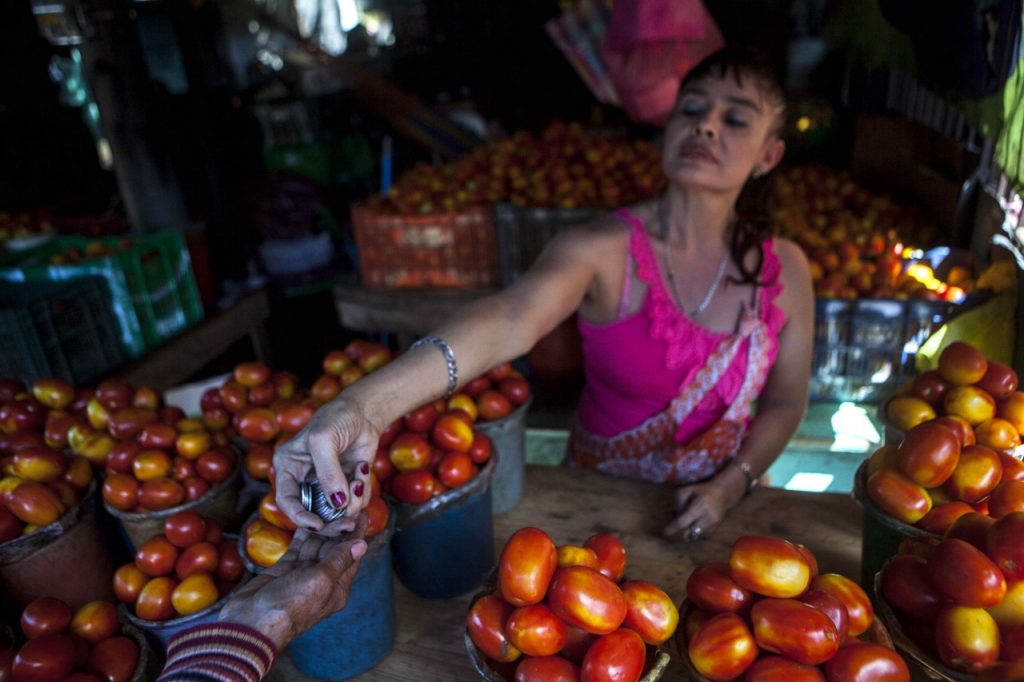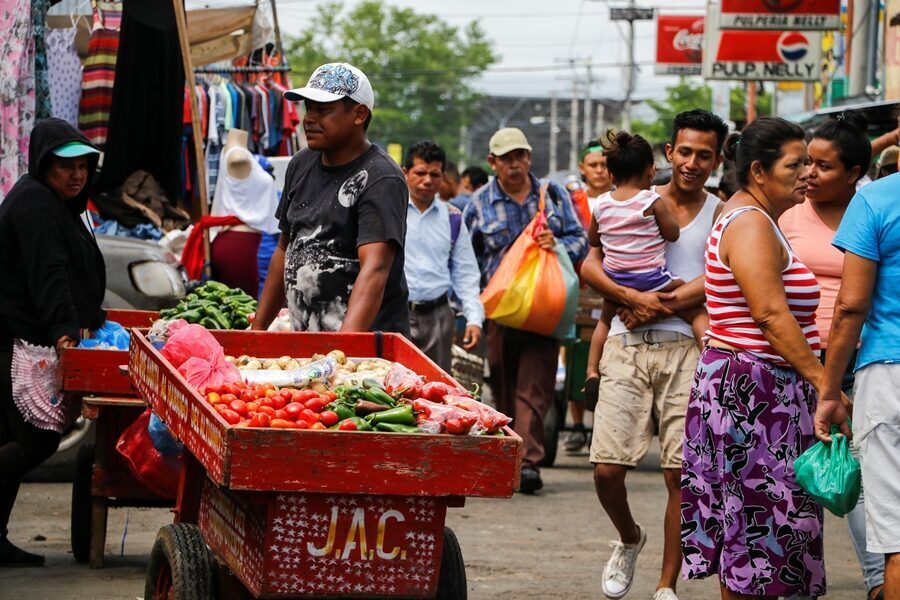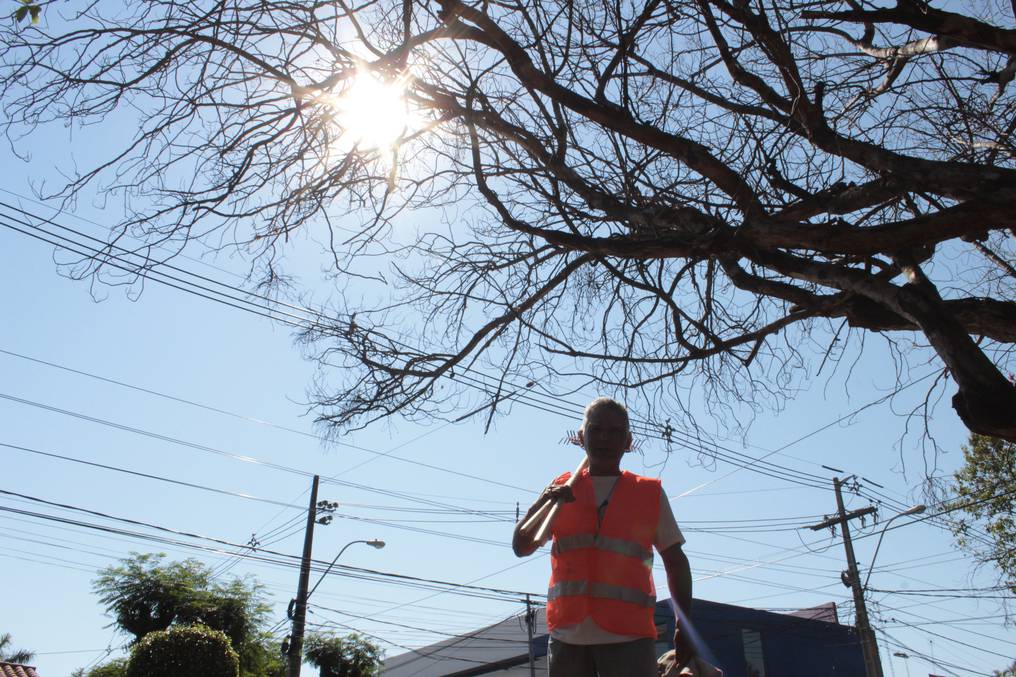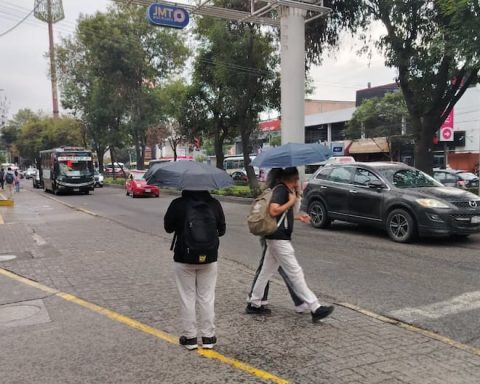The salary adjustment for state workers in 2023 will be five percent, as reported by the Vice President of Nicaragua, Rosario Murillo, during her address this Friday, January 20, through her propaganda media.
The spokesperson for the Ortega government explained that the sanctioned Minister of Finance and Public Credit of Nicaragua, Iván Acosta, announced that the adjustment will take effect as of the payment of salary in February.
Related news: Ortega regime, Sandinista unions and private company install Minimum Wage Board
The increase, according to the deputy dictator, was made “as has been established for all public servants, (…) this both in the ministries and in other branches of the State,” he said.
“There are 40,000 in health, 64,000 in education, 51,000 in educators in all modalities (…) It is being guaranteed that —the workers— receive the increase of this five percent,” explained the wife of the dictator Daniel Ortega.
He also indicated that the precarious amount implied by the salary adjustment is one thousand 600 million córdobas; and according to him, it is “projected and sustained in the General Budget of the Republic.
The announcement by the Daniel Ortega regime comes a day after —January 19— that the so-called Tripartite Minimum Wage Table was installed, made up of the state, business and union sectors, with the aim of evaluating a possible adjustment to the basic salary in the Central American country.
Related news: Free zone workers will receive a slight increase in the minimum wage
In 2022, the parties agreed to a 7% increase in the minimum wage, which placed Nicaragua’s basic salary at 6,978.34 córdobas, which in February of that year, the date it was approved, was equivalent to 196.13 dollars and today represents 192 .45 dollars, for the devaluation.
In these negotiations, the private sector had proposed a 4.25% increase in the minimum wage, while the unionists, who are usually allies of the Nicaraguan government, did not disclose their claims.

By law, the parties must reach a minimum wage agreement no later than February 28 of each year, and subsequently define a new adjustment by August 31.
Currently, the minimum wage in Nicaragua —the second poorest country— is equivalent to about a third of the cost of the basic food basket, according to data from the National Institute of Development Information (Inide).
In 2023, the Government of Nicaragua foresees a growth of 3% to 4% of its economy, with inflation of 5% to 6%, however these projections are “overshadowed” by the political crisis that the country is experiencing and the high migratory flow since 2018, which increased greatly last year.

















